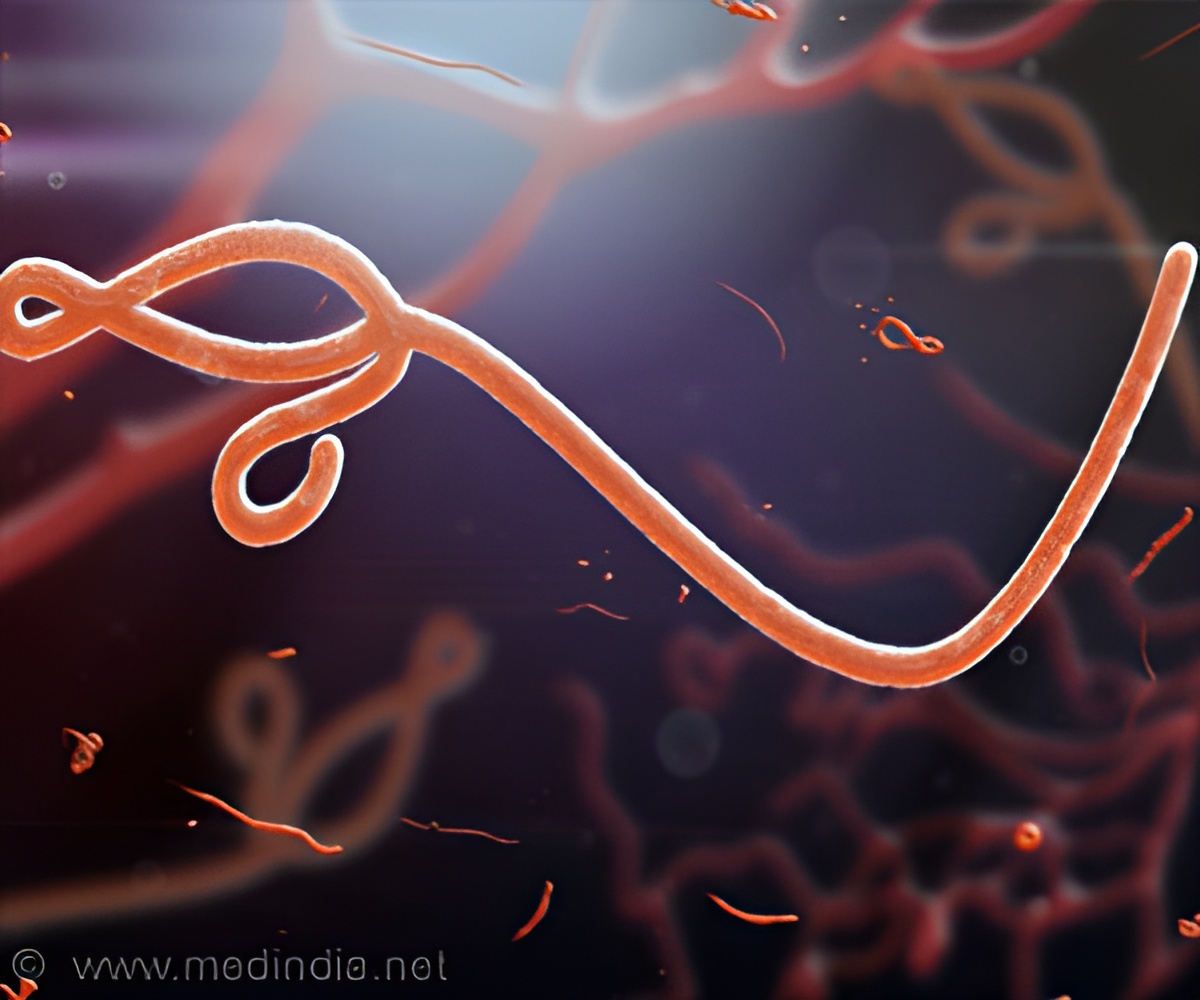West Nile and Zika viruses that target the nervous system in the brain and spinal cord also can kill neurons in the guts of mice, disrupting bowel movement and causing intestinal blockages, found researchers.

‘A person can get a viral infection that results in your immune cells killing infected neurons in your gut.’





The findings, published in the journal Cell, potentially could explain why some people experience recurrent, unpredictable bouts of abdominal pain and constipation - and perhaps point to a new strategy for preventing such conditions. "There are a number of people who are otherwise healthy who suddenly develop bowel motility problems, and we don't understand why," said Thaddeus S. Stappenbeck, MD, PhD, the Conan Professor of Laboratory and Genomic Medicine and the study's co-senior author. Postdoctoral researcher and first author James White, PhD, was studying mice infected with West Nile virus, a mosquito-borne virus that causes inflammation in the brain, when he noticed something peculiar. The intestines of some of the infected mice were packed with waste higher up and empty farther down, as if they had a blockage.
"We actually noticed this long ago, but we ignored it because it wasn't the focus of our research at the time," said West Nile expert Michael S. Diamond, MD, PhD, the Herbert S. Gasser Professor of Medicine and the paper's co-senior author. "But Jim White dug in. He wanted to figure out why this was happening."
White, Diamond, Stappenbeck and colleagues including Robert Hueckeroth, MD, PhD, of the University of Pennsylvania, found that not only West Nile virus but its cousins Zika, Powassan and Kunjin viruses - all of which target the nervous system like West Nile - caused the intestines to expand and slowed down transit through the gut. In contrast, chikungunya virus, an unrelated virus that does not target neurons, failed to cause bowel dysfunction.
Further investigation showed that West Nile virus, when injected into a mouse's foot, travels through the bloodstream and infects neurons in the intestinal wall. These neurons coordinate muscle contractions to move waste smoothly through the gut. Once infected, the neurons attract the attention of immune cells, which attack the viruses - and kill the neurons in the process. "Any virus that has a propensity to target neurons could cause this kind of damage," said Diamond, who is also a professor of molecular microbiology and of pathology and immunology. "West Nile and related viruses are not very common in the U.S. But there are many other viruses that are more widespread, such as enteroviruses and herpesviruses, that also may be able to target specific neurons in the wall of the intestine and injure them."
Advertisement
The infected mice's digestive tracts gradually recovered over an eight-week time span. But when the researchers challenged the mice with an unrelated virus or an immune stimulant, the bowel problems promptly returned. This pattern echoed the one seen in people, who cycle through bouts of gastrointestinal distress and recovery. The flare-ups often are triggered by stress or illness, but they also can occur for no apparent reason.
Advertisement
Previous studies have linked bowel motility to changes in the microbiome ¬- the community of bacteria, viruses and fungi that live in the gut.
"What we need to explore now is how this story connects to everything else we know about gut motility," Stappenbeck said. "What effect does damage to the gut nervous system have on the microbiome? We would love to connect those dots."
Source-Eurekalert










